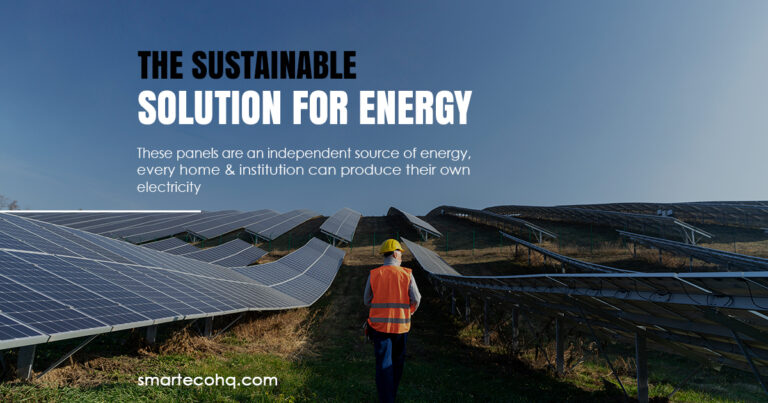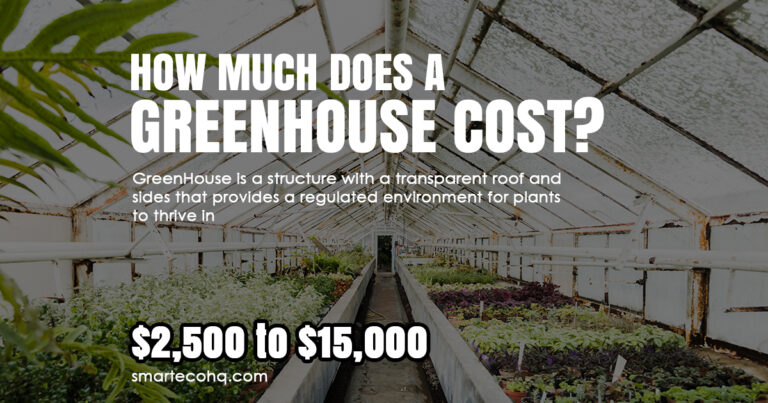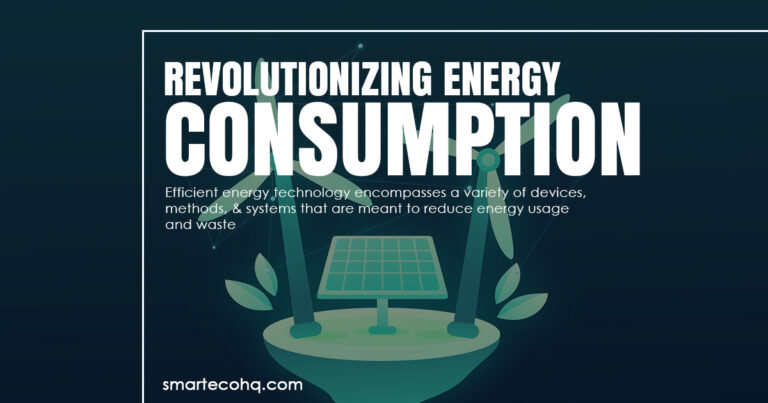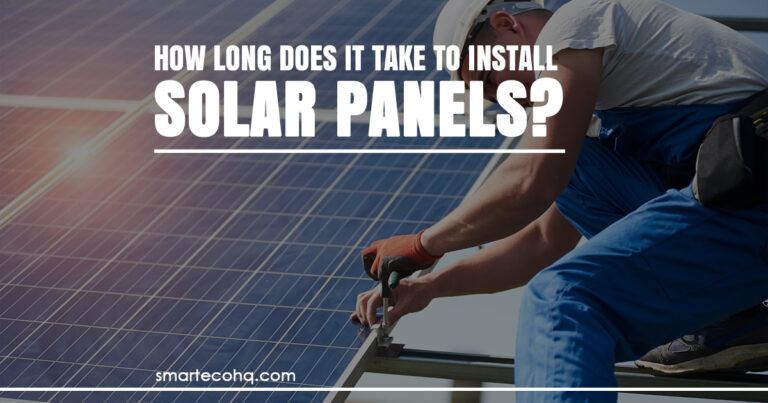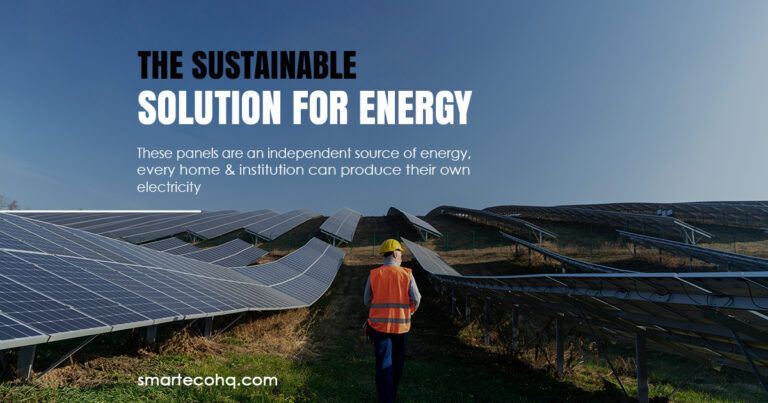How Does Solar Panel Work? A Comprehensive Guide
Solar panels are becoming more popular as a clean and sustainable source of energy. Simply said, they are systems that convert solar energy into electricity. Have you ever wondered how they really work?
We’ll go through the fundamentals of solar panel functioning and how they truly convert sunlight into useful energy. So let’s get started and see how solar panels act!
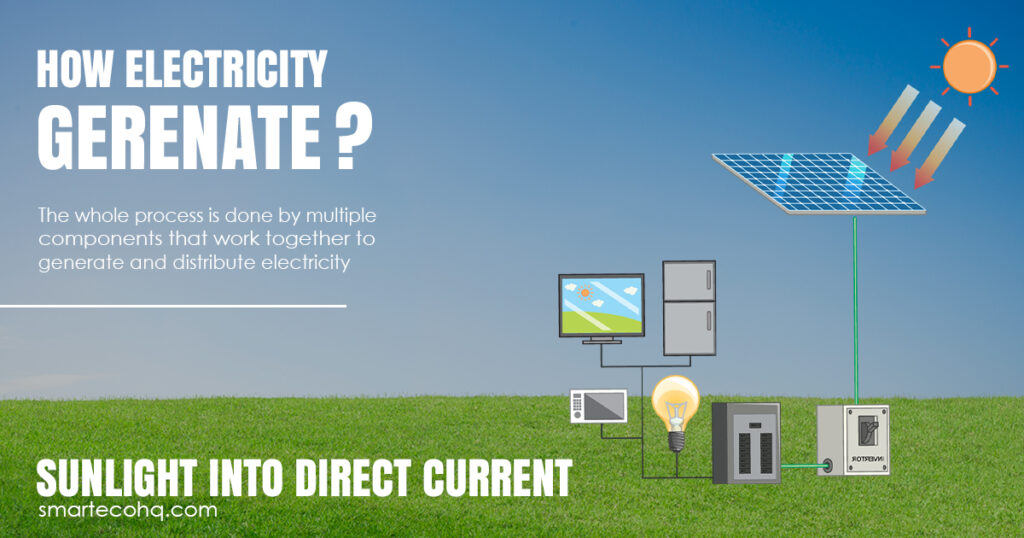
Table of Content
- How do solar panels generate electricity?
- Can we generate solar power on cloudy days?
- Do Solar panels work in extreme weather?
- Do Solar panels need to be hot to work?
1. How do Solar panels generate electricity?
When the sun shines onto a solar panel, Energy is absorbed from the sunlight by the PV cells in the Solar panel. This energy creates electrical charges that move in return to an internal electric field in the cell, causing electricity to flow.Solar panels generate electricity for your home by converting sunlight into direct current (DC) electricity through the “Photovoltaic Effect”.
This DC electricity is then converted into alternating current (AC) electricity using an inverter, which can be used to power your home’s electrical devices. The whole process is done by multiple components that work together to generate and distribute electricity.
These components include:
- Solar Panels
- Charge Controller
- Inverter
- Batteries
- Monitoring system
- Mounting system
A solar system is made up of various components that work together to generate clean and long-lasting solar energy from the sun. The Panels collect sunlight and supply an electric current, which is the main component.
The Charge Controller controls the charges, It prevents batteries from overcharging & undercharging. The power generated by the solar panels is then transmitted through an Inverter, which converts it from direct current (DC) to alternating current (AC). Batteries store the extra energy and Monitoring Systems for measuring energy usage and production.
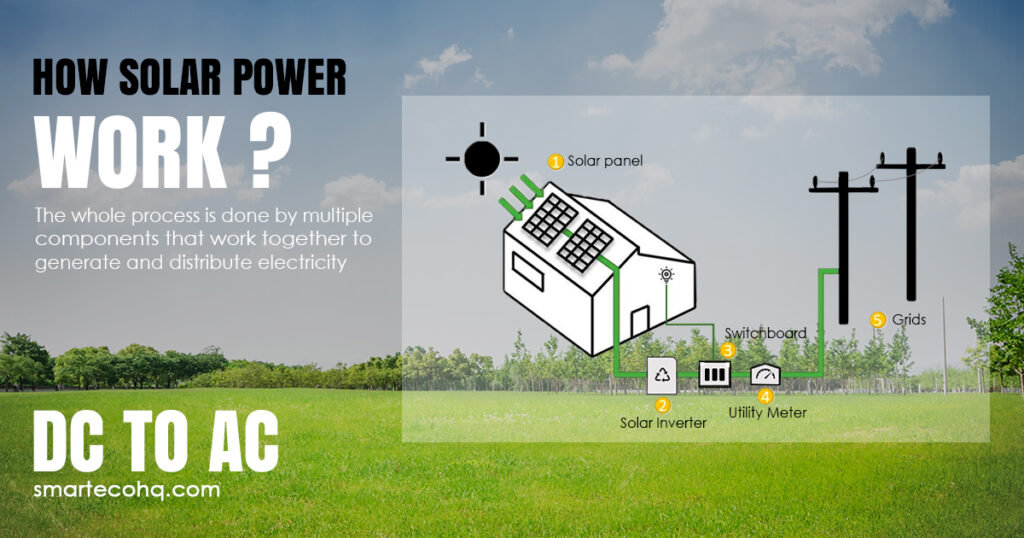
When these components are combined, they provide a self-sufficient and environment-beneficial energy source that can provide considerable cost savings.
A monitoring system is used to take care of how much solar energy your solar system generates & how much you use.
2. Do Solar Panels Work In Extreme Weather?
Solar Panels in winters
Even in Shivery weather, solar panels convert sunlight into electricity. That’s because solar panels absorb energy from sunlight, not the sun’s heat. Solar panels can still work in winter, whereas their efficiency may be reduced due to shorter days and lower sunlight intensity.
Solar Panels in Summer
Yes, solar panels work excellently in the summer, as they depend on sunlight to generate electricity, and summer months mostly have longer days and more extreme sunlight. Higher temperatures can slightly reduce the efficiency of solar panels. On the other hand, modern panels are designed to operate at high temperatures.
Solar Panels in Rain
Solar panels will still work even when the light is reflected or relatively blocked by clouds. The rain actually helps to keep your panels operating effectively by washing away any dust or smut.
Solar Panels in Snow
Solar can still successfully generate electricity in snowy areas and other severe environments. A dusting of snow has little impact on solar panels because the wind can easily surrender.
3. Can we generate Solar power on cloudy days?
Solar panels can still generate power on cloudy days, but the amount of power produced will be reduced due to decreased sunlight. On the other hand, modern solar panels can still operate in low-light conditions.
4. Do Solar panels need to be hot to work?
No, Solar panels do not need to be hot to work. In fact, they work more efficiently at cooler temperatures. Solar panels will generate electricity by absorbing light, not heat, so they can still generate electricity even on cold or cloudy days. On the other hand, high temperatures can decrease the efficiency of solar panels. It is important to ensure that they are properly ventilated.

